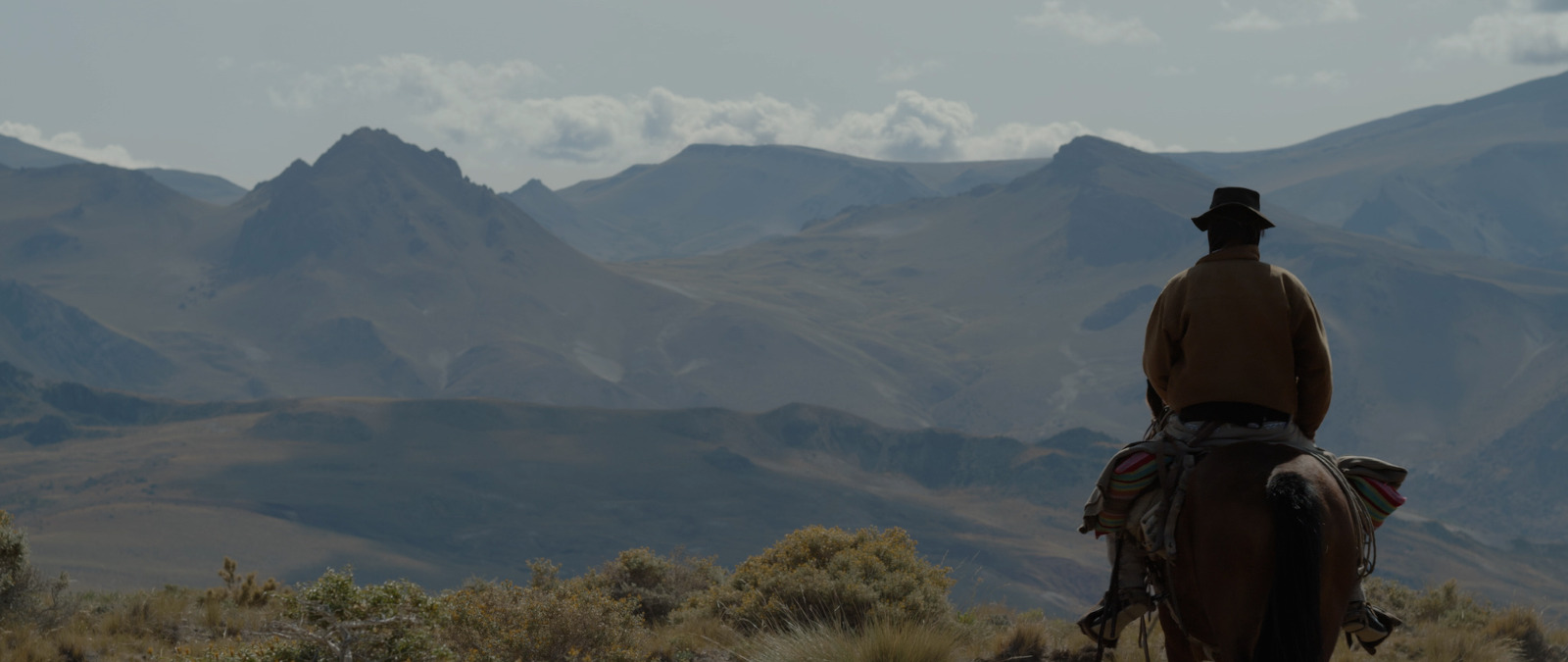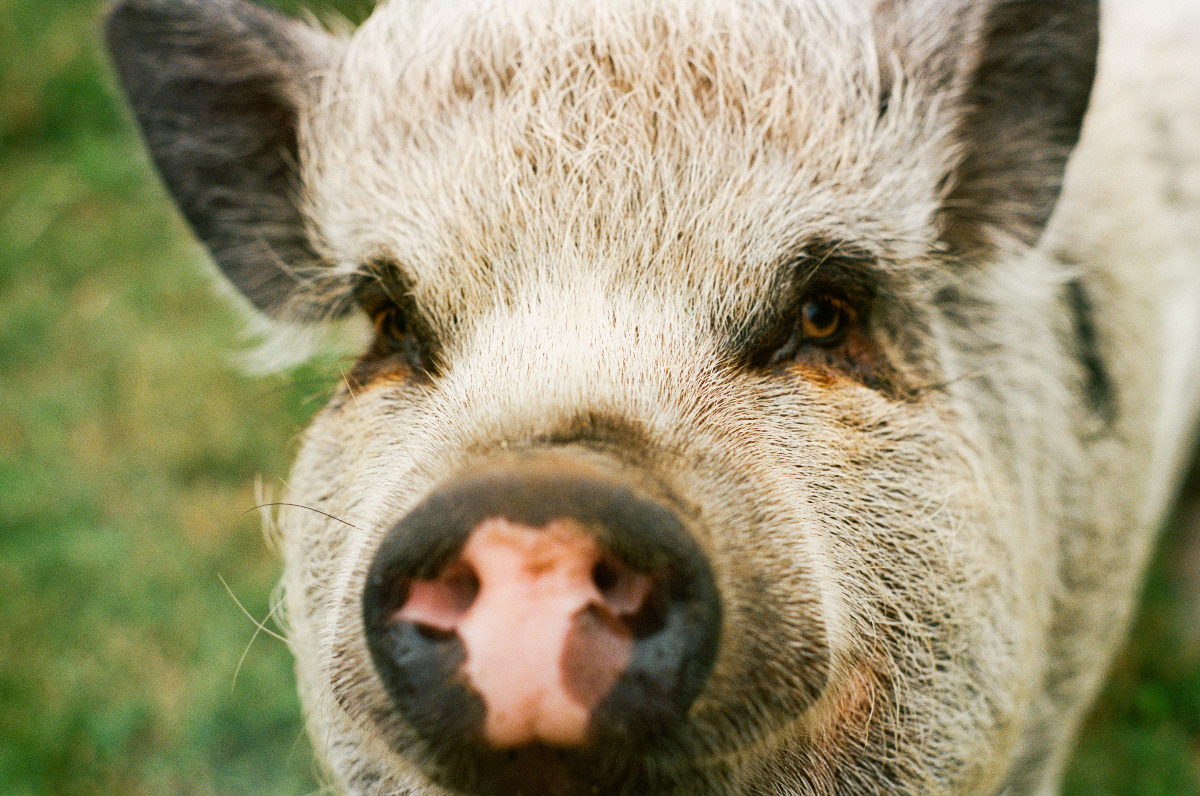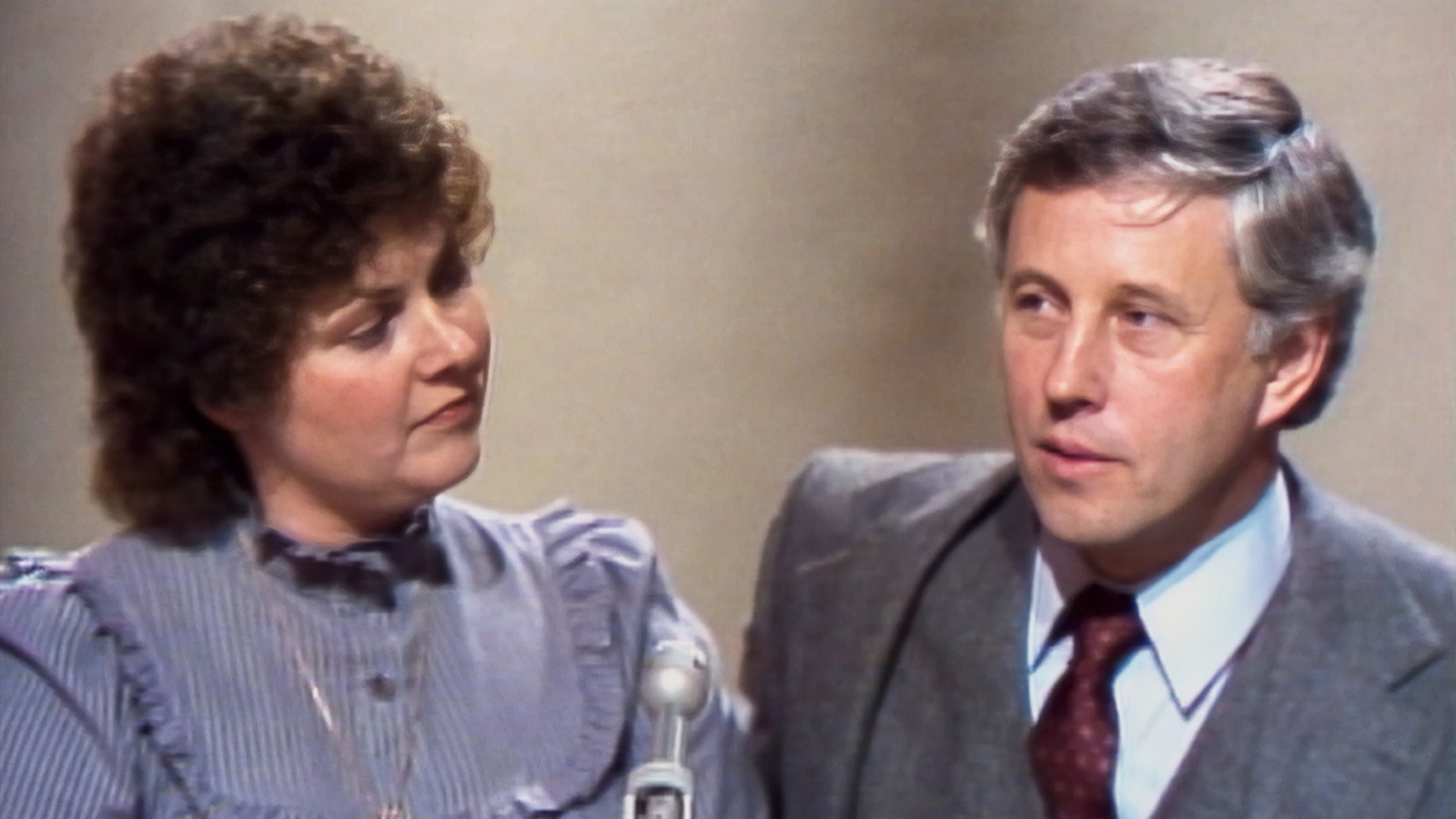Veranada
(Canada/Argentina, 75 min.)
Dir. Dominique Chaumont
Programme: Canadian Spectrum (Ontario premiere)
Set in the Andes Mountains of Argentina, Veranada (“summer pasture”) follows a middle-aged herder, Don Arturo, as he seeks grazing land for his sheep and goat herd in the midst of a drought. While that synopsis sound earnest, Veranada, which won the New Vision Award at the 2022 Montreal International Documentary Festival (RIDM) is a fresh aesthetic experience. Argentinian-born Canadian director, Dominique Chaumont and her editing, sound, and musical team have integrated the visual and aural elements with a confident finesse, especially for a first feature.
The camera occasionally presents moments of Western romanticism (a rider in silhouette against a starry sky), but more often the wide-framed vistas are shot in a way that’s on the edge of vertiginous, especially on the mountain slopes. When the long and medium landscape shots move close in on Don Arturo, he’s usually seen in partial view, focusing on his hands as he chops meat, makes bread or repairs a rope. On the foregrounded soundscape, the ambient sounds are crisp and close. We hear the whoosh of the wind, the rasp of shears cutting a sheep’s wool, the crackle of a fire, the squeak of sneakers on sun-baked ground. In the dirt-floor hut where Don Arturo spends his nights, a radio spits out static and local news: someone is looking for a missing mare while another is celebrating an 80th birthday.
Composer Sébastian Armand fully participates in establishing Veranada’s shifting moods, from the plaintive laments, which sound traditional but aren’t, to the polyphonic orchestral piece that accompanies a scene of Don Arturo surrounded by the whirling sheep. Another composition is written to the cantering rhythm of a horse’s hoof beats. In more contemplative moments, a small ensemble (strings, clarinet, piano) suggests an afternoon in an old world salon, rather than the sheltering mountains.
As Don Artur travels about, he meets other herders and their families and they sit, watch chickens pecking in a yard, have a beer and talk, as farmers do, about the weather. The scenes of Don Artur feel unstaged with the subjects either ignoring the camera, or, on occasion, staring impassively past it, like the migrant workers in Dorothea Lange’s Dustbowl-era photographs.
The conversations about “the weather” are now “climate change,” a phrase that isn’t mentioned until about a third of the way through the film. Don Arturo and his neighbours exchange news concerning the water, which is drying up on all the traditional grazing grounds, and often is being diverted to help small farms. The staticky radio carries an interview with an expert discussing the climate crisis.
Don Arturo talks to a friend about the oppressive heat, how he can see his thirsty animals rapidly deteriorating, losing weight and growing weaker. A scene later, he picks up the corpse of a lamb and, because there’s nothing else to do, roasts it over an open fire. Later, he talks with friends again. They look up, hopefully, at the gathering storm clouds they hope will end this murdering sunshine.
Not as direct as a petition or a protest sign, Veranada does something more complex by immersing you into a world that once experienced, you would hate to see disappear.











